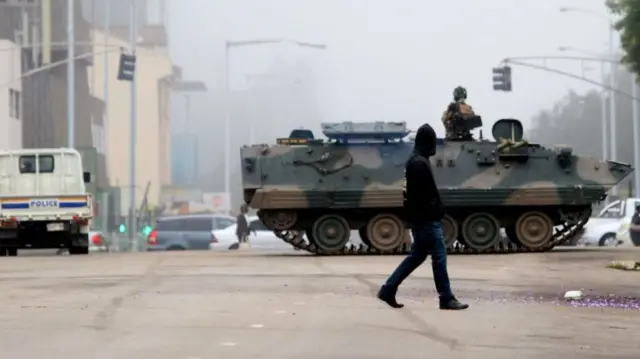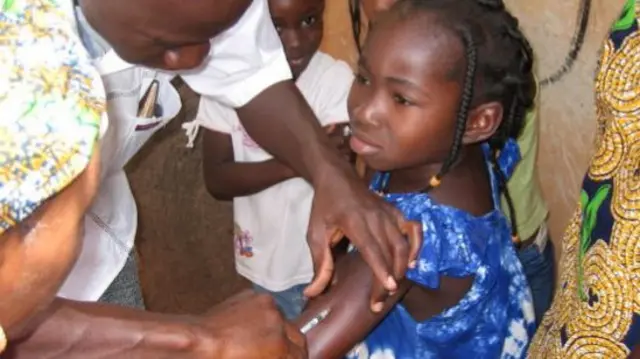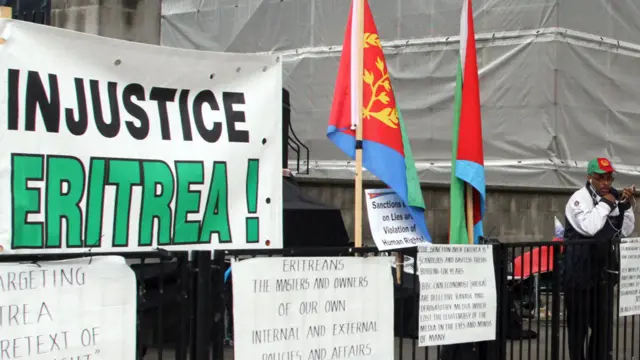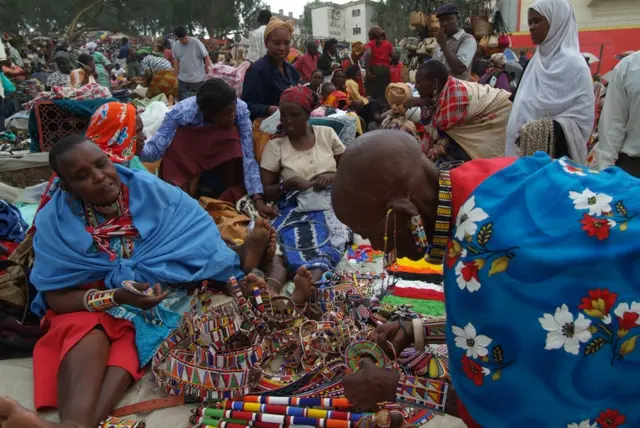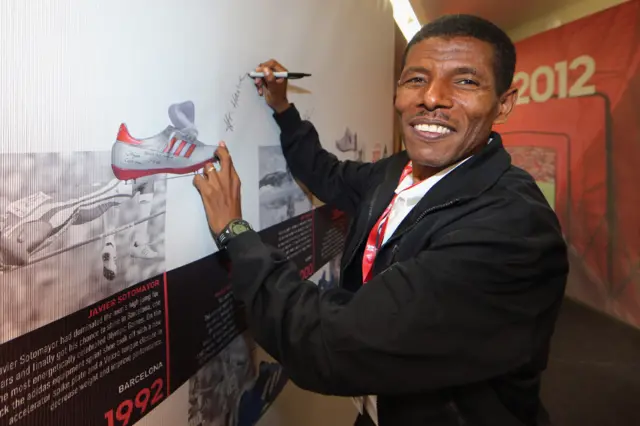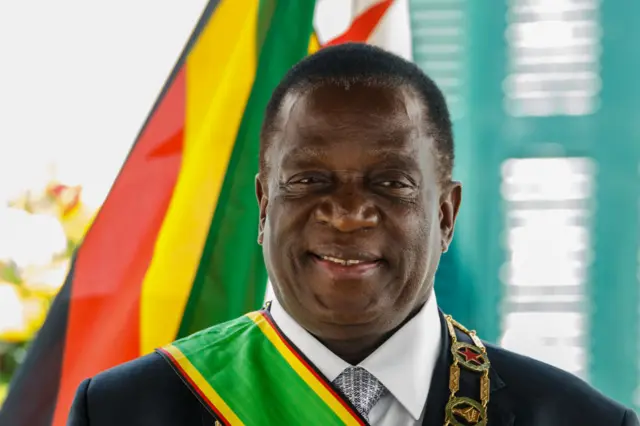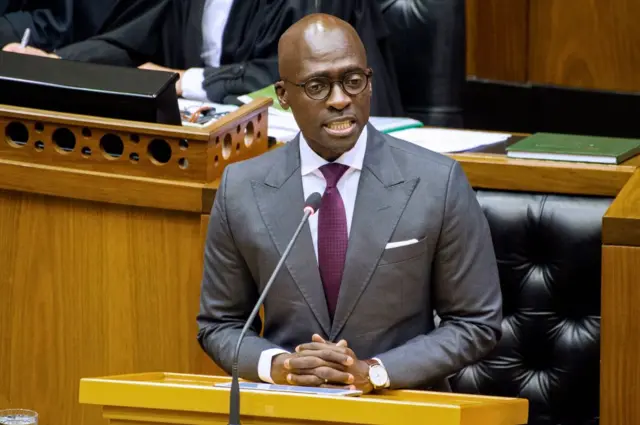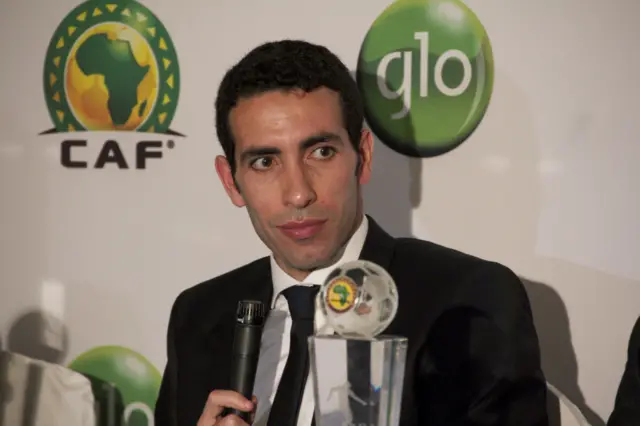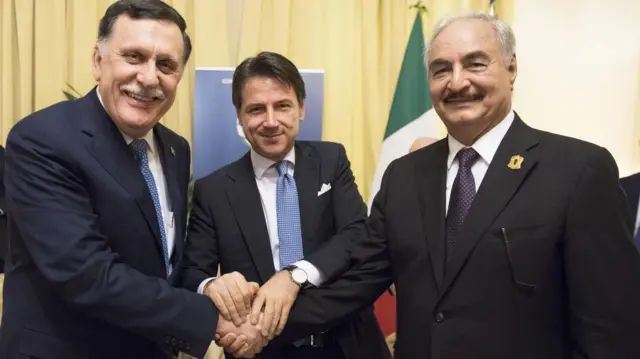Lagos lifts school hijab banpublished at 11:10 GMT 14 November 2018
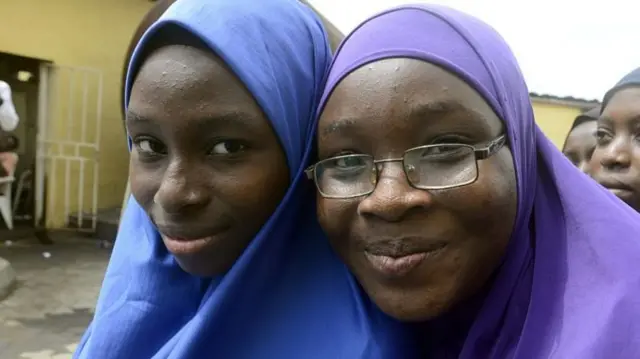 Image source, AFP
Image source, AFPLagos state has informed schools that no student should be discriminated against on the basis of religion
Girls in the Nigerian state of Lagos are now allowed to wear a hijab to school, the authorities have said.
The Muslim headscarf has been at the centre of a row in the state since 2014 when a Lagos high court banned them in schools.
The decision was overturned on appeal two years later, but the state then took the case to the Supreme Court and did not lift the ban at school, the Daily Trust reports, external.
In a circular, the state government said it would now allow girls to wear hijabs pending the Supreme Court ruling.
It stipulated that a student’s hijbab had to be “short, smart, neat and in the same colour of the uniform”.
"No student should be discriminated against in any form on the basis of religion," it added.
Saheed Ashafa, from the Muslim Students’ Society of Nigeria (MSSN) in Lagos State, welcomed the move, external, the Vanguard newspaper reports.
He condemned “the embarrassing way and manner that our members are being victimised, harassed, punished and denied entrance into their classrooms for wearing Hijab”.
The decision comes days after a school in nearby Oyo state closed after refusing to allow students to enter the school premises wearing hijabs.
This sparked protests by parents which had led to the closure of The University of Ibadan International School.
Nigeria's population is roughly divided between Muslims and Christians.
The majority of Muslims live in the north and Christians primarily are in the south - though Lagos has a religiously mixed population.


